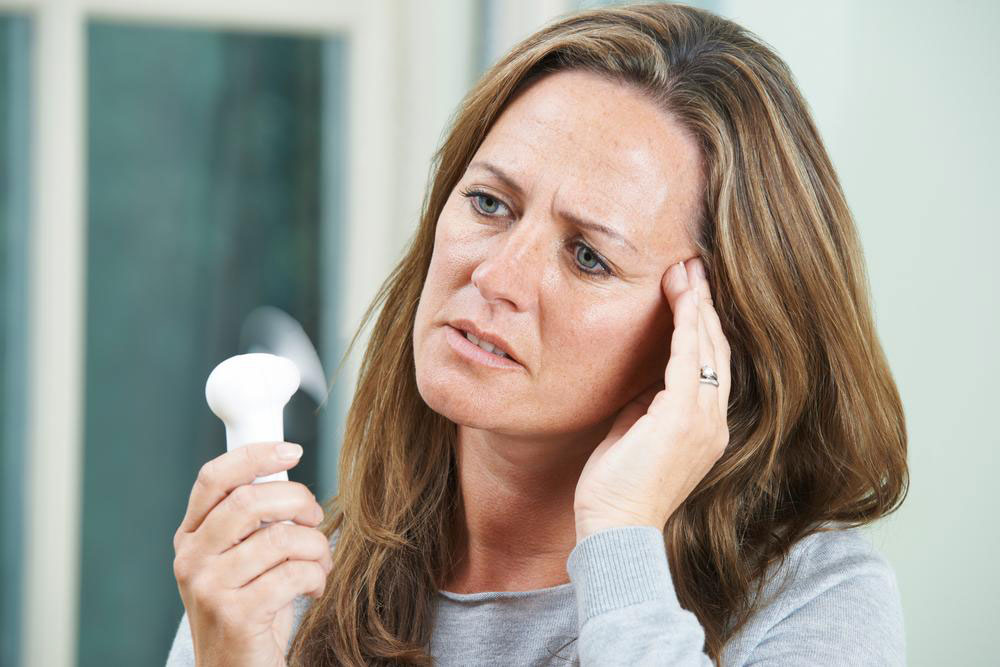Comprehensive Benefits of Hormonal Birth Control: Enhancing Women's Health and Well-being
Discover the comprehensive health benefits of hormonal birth control, including relief from menstrual pain, reduction of heavy bleeding, cancer risk reduction, and skin health improvement. Learn how these methods support women’s overall well-being and reproductive health with expert insights and medical guidance.

Comprehensive Benefits of Hormonal Birth Control: Enhancing Women's Health and Well-being
Hormonal contraception has become an integral part of reproductive health management for women around the globe. These methods—ranging from pills and patches to intrauterine devices (IUDs) and vaginal rings—provide more than just family planning solutions; they also offer a spectrum of health benefits that improve women's quality of life. With an estimated 80% of women of reproductive age actively using some form of hormonal contraception, understanding their advantages is essential for informed health decisions. Despite ongoing discussions surrounding their potential side effects, the positive impacts of hormonal birth control are significant and well-documented. In this article, we explore the top advantages that hormonal contraceptives can bring to women’s health, from alleviating menstrual pain to reducing certain cancer risks.
1. Relief from Menstrual Cramps and Pain
One of the most immediate and appreciated benefits of hormonal contraceptives is their ability to diminish the severity of menstrual cramps. These methods function by decreasing the production of prostaglandins—hormone-like substances that trigger uterine contractions and pain during menstruation. By suppressing prostaglandin synthesis, hormonal contraceptives help reduce uterine muscle contractions, leading to significantly less cramping, discomfort, and associated pain. Women suffering from debilitating menstrual cramps often report a marked improvement in their daily lives after initiating hormonal birth control, making these options a popular choice for symptomatic relief.
2. Reduction of Heavy Menstrual Bleeding and Prevention of Anemia
Heavy menstrual bleeding, medically known as menorrhagia, can lead to anemia—a condition characterized by insufficient red blood cells to carry oxygen throughout the body. This is often caused by excessive blood loss during periods. Hormonal contraceptives, especially progesterone-based pills, thicken the uterine lining in a controlled manner, which results in lighter, shorter periods. By reducing menstrual flow, these methods significantly lower the risk of anemia, helping women maintain better overall health and energy levels.
3. Management of Endometriosis Symptoms
Endometriosis is a chronic condition where tissue similar to the uterine lining grows outside of the uterus, causing pain, inflammation, and fertility challenges. Hormonal contraceptives are an effective treatment modality because they inhibit the growth and activity of endometrial tissue, thereby alleviating pain and reducing the progression of the disease. Many women find that consistent use of hormonal birth control provides symptomatic relief and enhances their reproductive flexibility by managing disease progression.
4. Regulation of Polycystic Ovary Syndrome (PCOS)
Polycystic Ovary Syndrome (PCOS) is an endocrine disorder characterized by hormonal imbalance, irregular menstruation, excessive hair growth, and ovarian cyst formation. Hormonal birth control pills are a cornerstone of PCOS management, as they help regulate menstrual cycles, reduce abnormal hair growth (hirsutism), and improve acne severity. By stabilizing hormone levels, these contraceptives contribute to improved metabolic and reproductive health in women with PCOS.
5. Treatment and Control of Uterine Fibroids
Uterine fibroids are benign tumors that can cause heavy bleeding, pelvic pain, and pressure sensations. Hormonal therapies, including certain contraceptives, can help control bleeding and limit the growth of fibroids. While they do not eliminate fibroids, these treatments can greatly improve symptoms and prevent more invasive procedures. For many women, hormonal birth control provides a non-surgical option to manage fibroids effectively.
6. Reduced Risk of Certain Cancers
Long-term use of combined hormonal pills has been associated with a significant reduction—up to 50%—in the risks of developing ovarian and endometrial (uterine lining) cancers. This protective effect is primarily due to the regulation of hormonal cycles and the suppression of ovulation, which diminishes the cellular changes that can lead to cancer. Women using hormonal contraception for extended periods may benefit from this reduced cancer risk as part of their overall health strategy.
7. Improved Skin Health and Reduction of Acne Breakouts
Hormonal influences, particularly testosterone, play a key role in the development of acne. By lowering circulating testosterone levels, hormonal contraceptives can substantially decrease the occurrence and severity of acne outbreaks. Many women experience clearer skin and enhanced skin health after starting hormonal birth control, making it a dual-purpose option for contraception and skincare improvement.
Overall, hormonal birth control methods provide an array of health benefits beyond family planning. From alleviating painful menstruation and reducing heavy bleeding to lowering cancer risks and improving skin health, these contraceptives have become an essential aspect of women’s health management worldwide. However, it is important for women to consult healthcare professionals to determine the most suitable method based on their individual health profile and needs. With proper medical guidance, hormonal contraceptives can be effectively integrated into a woman’s overall health and wellness plan, offering both reproductive and non-reproductive advantages for improved quality of life.





